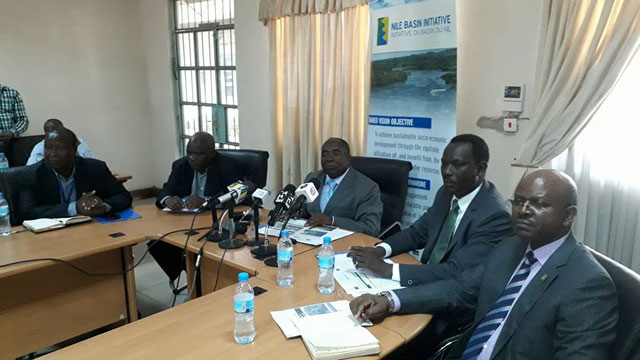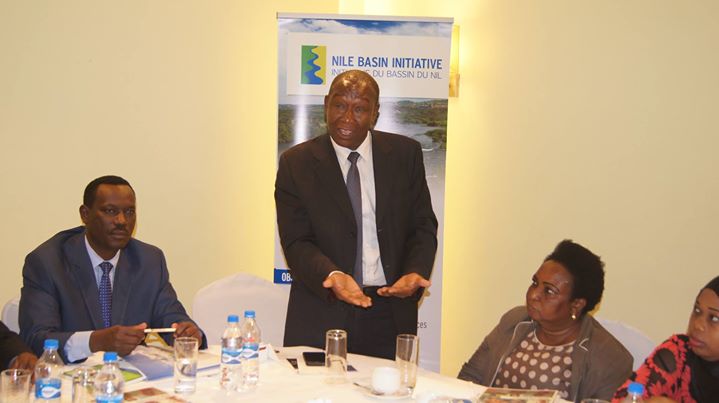
Representatives of the 10-member states of the Nile Basin Initiative (NBI) converge in Dar-es-Salaam on Wednesday to celebrate 18 years of cooperation.
Since February 22 1999, NBI has focused on activities aimed at assisting Member States to achieve their development objectives through Nile Cooperation.
“That day, in 1999, marked a major milestone in the history of Nile Cooperation. It was the very first time the countries jointly agreed to establish an all-inclusive basin-wide regional institution, to provide a forum for consultation and coordination,” Tanzania’s Minister of Water and Irrigation Gerson Lwenge told the press in the host city on Monday.
“We have worked together as Member States to negotiate and agree on more than 35 investment projects contributing to food, water and energy security in the region,” Lwenge said, adding, “These projects once fully implemented by the Member States, will benefit at least 30 million people by 2025.”
Nile Day is held annually in celebration of the day the Nile Basin countries agreed to collectively take care of and use the shared Nile Basin water and related resources to ensure win-win benefits for the current and future generations.
The day provides an opportunity to increase awareness about the benefits of basin-wide Nile Cooperation in mutually looking after and utilising the shared Nile Basin water and related resources. The day is marked across the NBI member states Burundi, DR Congo, Egypt, Ethiopia, Kenya, Rwanda, South Sudan, Sudan, Tanzania and Uganda.

The theme for this year is ‘Our Shared Nile – Source of Energy, Food and Water for All’, which will provide an opportunity to highlight the importance of the River Nile in the quest for food, water and energy security in the Nile Basin as well as the interrelationships among the three sectors.
Activities will include a brass band-led procession, which will start from Mnazi Mmoja ground and end at Mwalimu Julius Nyerere International Conference Centre, exhibition, tree planting as well as entertainment by children and a cultural troupe.
The regional event is jointly organised by NBI and Tanzania’s Ministry of Water and Irrigation, in partnership with the Nile Basin Discourse.
Lwenge highlighted some of the benefits to the day’s host Tanzania, which include the 80MW Regional Rusumo Falls Hydroelectric project, which will provide an additional 27MW of renewable hydroelectric power to Tanzania. The Iringa-Mbeya Interconnection will reinforce the Tanzanian power grid and extend the 400 KV system up to Mbeya and later to Kasama. In addition, the 400 KV Kenya-Tanzania Interconnection will add 510 kilometres to the existing grid.
Traversing about 6,695 kilometers, the Nile is one of world’s longest rivers, feeding millions and giving birth to entire civilizations. The river is a major source of water for the Nile Basin countries.
Water, energy and food are inextricably linked and are essential for human well-being, poverty reduction and sustainable development.
 The Independent Uganda: You get the Truth we Pay the Price
The Independent Uganda: You get the Truth we Pay the Price





